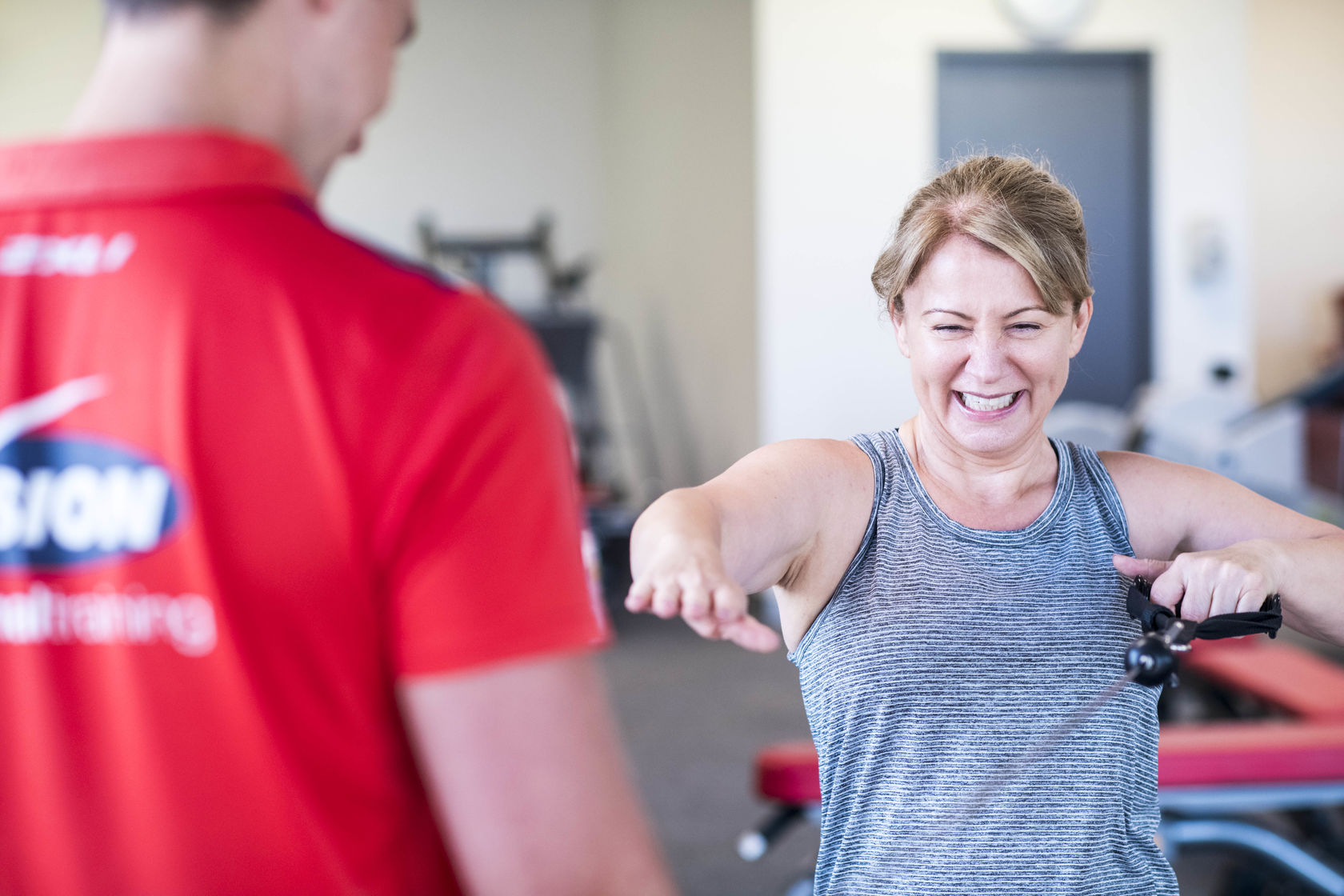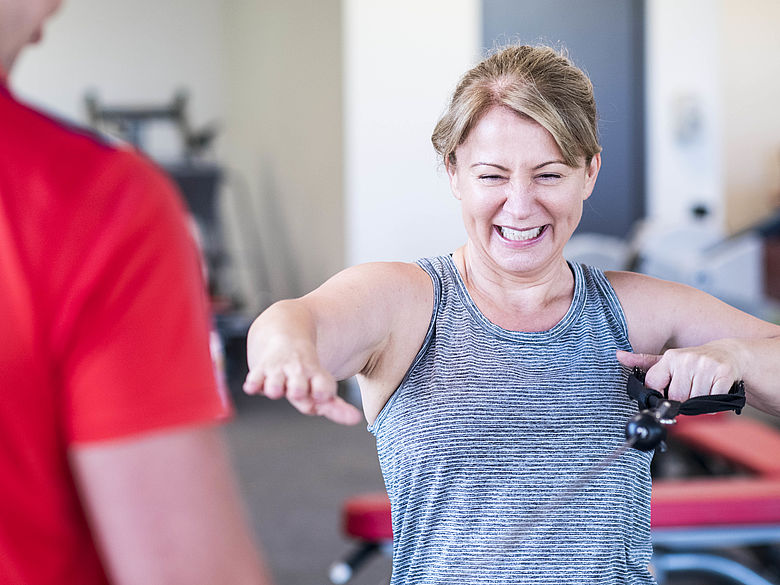Vitamin D is an extremely important within the body as it plays a key role in keeping us healthy and functioning properly. Vitamin D is actually a hormone that controls the expression of over 1000 genes in the body.
Vitamin D is fat soluble and is stored in the liver and fatty tissues. Vitamin D is available in small quantities in food but our primary source comes from endogenous synthesis i.e. absorbing the Suns UVB rays through the skin.
Within Australia, almost 1 in 4 people are deficient in Vitamin D. This increases in winter with over 1 in 3 people becoming deficient.
This deficiency manifests within the body in the following ways:
- Often getting respiratory tract infections - Impaired wound healing.
- Fatigue and tiredness - Bone loss.
- Bone and back pain - Hair loss.
- Depression - Muscle pain.
Deficiencies in Vitamin D are often found in the following demographics:
- The Elderly: Your body's ability to synthesise vitamin D declines with age. Research has shown that a 70-year-old may produce 4 times less vitamin D than their 20-year-old former selves.
- The Obese: As vitamin D is fat soluble, those with higher fat stores have a greater difficulty releasing it into the bloodstream.
- People in areas with low amounts sunlight: Generally, in areas of the Northern & Southern latitudes. Less UVB radiation from the sun reaches the atmosphere in these areas.
- The Darker-Skinned: Increased melanin in the skin provides a natural sunscreen against the damaging effects of UV radiation. However, as a trade-off, the synthesis of vitamin D in reduced.
Having adequate amounts of vitamin D will provide the following benefits:
- Maintaining healthy bones.
- Supports immune, brain and nervous system health.
- Regulating insulin levels.
- Supports lung function and cardiovascular health.
- Influencing the expression of genes involved in cancer development.
Spending short periods of time absorbing the Sun's rays will improve your health and wellbeing. Supplementing with vitamin D is a relatively inexpensive way to top up your vitamin D levels at times when your exposure to the sun is low or have pre-existing low levels of vitamin in your blood. Discuss with your GP if you feel you may be suffering from low levels of vitamin D.
*Disclaimer: Individual results vary based on agreed goals. Click here for details.

